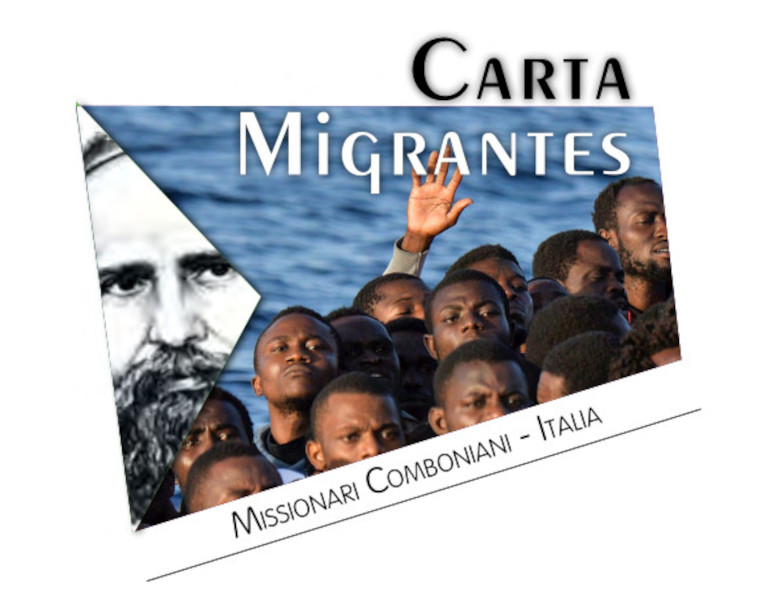God willing, after all this, we will think no longer in terms of “them” and “those”, but only “us”. (FT 35)
We live in a time when millions of men, women and children live in the midst of serious humanitarian crises. Social, political and environmental conditions that threaten their lives. It all seems so absurd because, in this globalised world, while we are witnessing an increasing opening of borders to the economic dimension (capital, trade, financial services…), more and more restrictions, walls and barriers arise against the “movement” of people. A world where the pain and death of so many people is before our eyes every day, where human rights are systematically trampled upon, those same rights of which they have been violently robbed in their countries of origin.
If the starting point of the encyclical “Fratelli Tutti” is to recognise the right not to emigrate, i.e. to have the conditions to remain in one’s own land. (129), migration is also “a clear opportunity to put the human person back at the centre” (40), recognising her dignity. It is necessary to get out of the vicious circle of individualism and an exclusionary economic model, which impoverishes peoples and countries.
The pastoral response to this reality must “take on new perspectives and develop new responses” (128). “Welcoming, protecting, promoting and integrating” (129) are fundamental actions to plan a community and networked pastoral path, in order to be more efficient and to be able to achieve the objectives easily, in time and form.
One of the objectives that emerges clearly from the encyclical is to take indispensable steps, especially in response to those who are fleeing grave humanitarian crises. Solidarity between peoples must be translated into concrete actions (130) that guarantee all human beings ‘full citizenship’ in this world1 (131). Dialogue and respect for different identities are important and fundamental ingredients for authentic social friendship. Promoting the culture of encounter is a necessary step to overcome ” a cool, comfortable and globalized indifference” (30).
Some action guidelines:
1. Do not renounce the prophetic aspect by denouncing politics and economics that are deviant and bent to partisan interests and agreements dictated by economic interests.
2. Be critical in describing the causes that force millions of people to leave their country.
3. Eradicate racist and rejecting language that stigmatises people. Through education dislodge information controlled and manipulated by social media and politics.
4. Create and support welcoming and supportive communities, capable of experiencing “social friendship“. Small welcoming experiences that offer assistance and integration services to people, accompaniment in the bureaucratic process, professional and work training services. (130).
5. Overcoming a culture of fear that always goes hand in hand with a policy of closure.
6. Put migrants’ lives, their culture and spirituality back at the centre. It is in the encounter where “cultural identity is deepened and enriched” (129) generating new cultural, social, political and religious forms that play a fundamental role in crisis situations.
The encounter of which Pope Francis speaks is not accidental. It is a way of life, a constant commitment to “seek points of contact, build bridges, plan something that includes everyone.” (216)
1“Fratelli tutti”: ideas para la pastoral de los migrantes. P. Fabio Baggio C.S.



